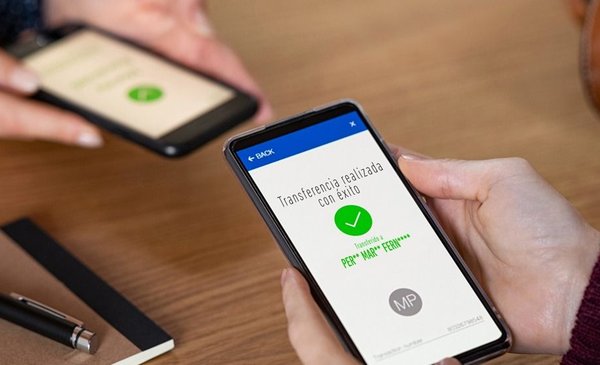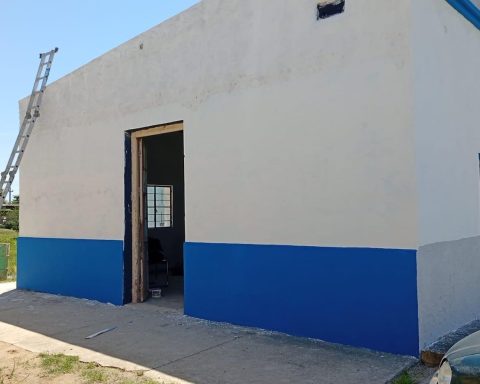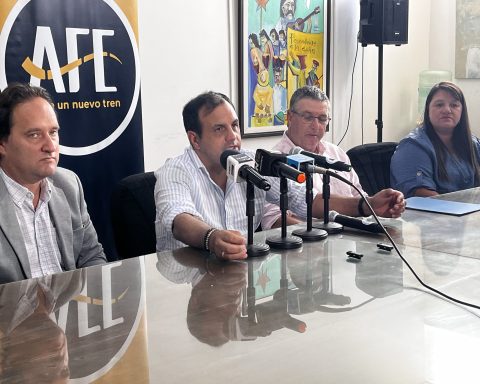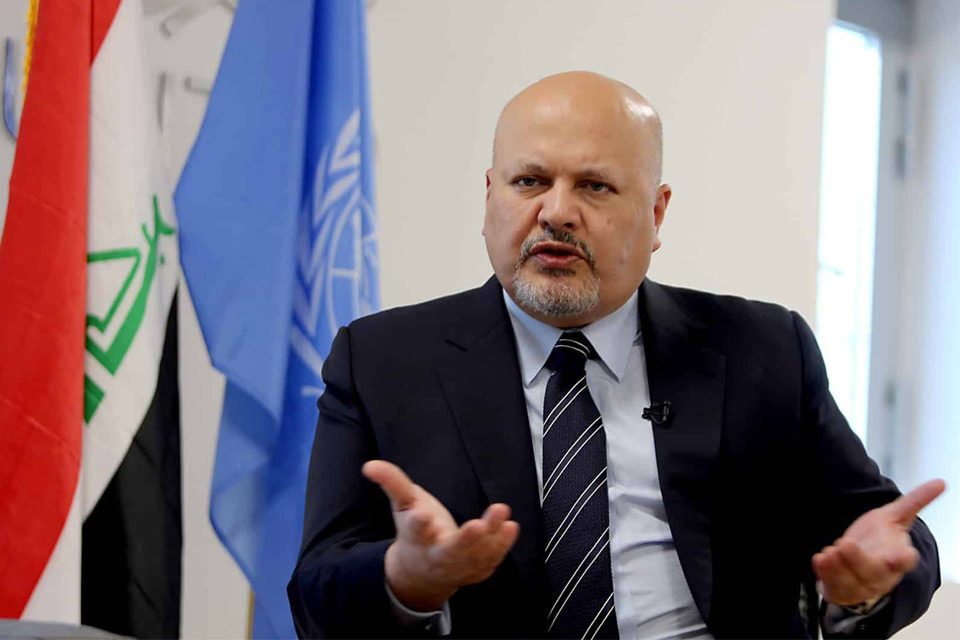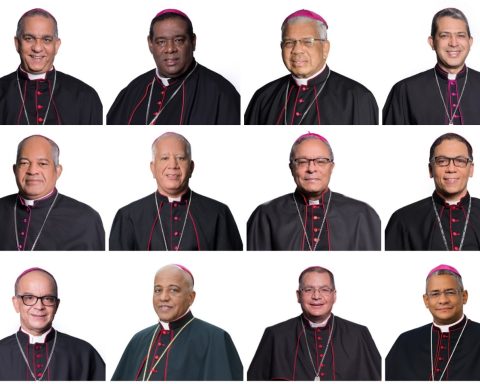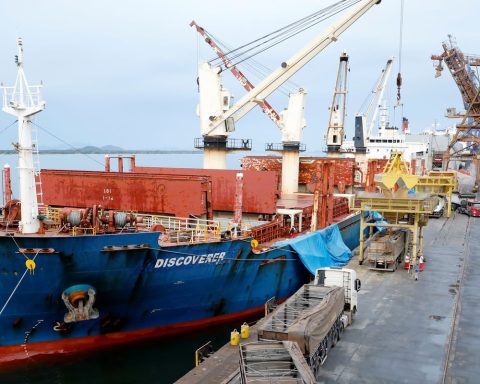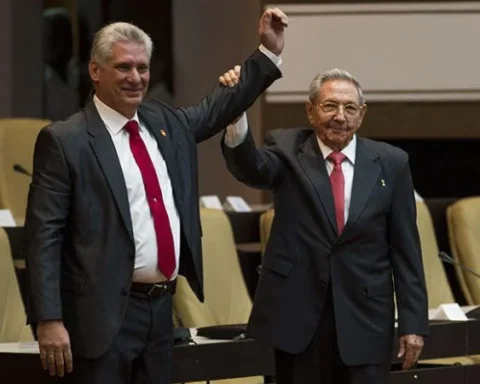In Uruguay, the instant wire transfers of money between banks were operational since the beginning of 2021, when seven institutions enabled this type of operation during business days and within restricted hours.
Now another step has been enabledwhich seeks to improve the user experience with more agile and efficient means of payment. From this month you can send and receive money 24 hours a day, 365 days a year.
The new functionality (called 7×24) is already offered by Banco República (BROU), and the private banks Itaú, HSBC, BBVA, Santander and Scotiabank, as confirmed The Observer.
How does it work?
The client enters his online banking account and can select the type of execution he wants, that is, the timmediate or standard transfer. By selecting the automatic operation, the receiving bank processes it, and then confirms or rejects it in a matter of seconds.
Do they have a cap?
The limit for this type of transaction was set at US$500 or its equivalent in national currency, today about $19,500. In other words, the client can make the number of instant transfers that he wants, but with that maximum amount per operation. The ceiling per transfer is expected to increase over time.
What commissions do they charge me?
Regarding commissions, This depends on each bank, and may also vary depending on the product that the original account has contracted. Among other things, this determines the number of free movements after a month that the user has. A basic account for salary collection is not the same as a premium account.
For example, at BROU they are free if the amount is less than US$50 or $2,000.
Advance for the payment system
From the HSBC bank they indicated to The Observer that the new transfer system began to work on Tuesday, June 6.
As indicated, this extension of the immediate transfer system (which already worked from Monday to Friday from 8:00 a.m. to 8:00 p.m.), “It is a very important advance for the payment system and it is aligned with the roadmap set by the BCU at the beginning of the year.”
The operation is limited in the amounts that customers can transfer. It is a system that is designed for minor payments, which make up the vast majority of transfers between individuals (more than 80% of all transfers made).
Some numbers
During the first weekend operating in this modality, 28,000 transfers were exchanged between the participating institutions10% of instant transfers that are made from Monday to Friday.
Instant Transfer allows a person to instruct their financial institution online to send a specified amount of money to an account at another institution in real time. In other words, the money is debited from the source account and credited to the destination account in a matter of seconds, once it is processed and confirmed by the receiving bank.
Today, approximately 100 million annual transfers are made between accounts of the same institution, and 30 million transfers between accounts of different banks per year, according to data from the Central Bank (BCU). Among the latter, only 2.9% are instantaneous. In any case, this modality has been growing, to the point that in less than two years they tripled and totaled around 860,000 in 2022.
fast payments
In this sense, and according to the BCU, one of the objectives is to have a fast online payment system that competes with cards. In this way, it seeks to promote instant money transfers between people, but also between people and businesses, so that it can be used as another means of payment along with cash, cards and checks in daily operations.
